CNC machining: A necessity by choice
May 10, 2019 4:16 pm
Gone are the days of the gritty factory environment. A simple computer controlling the machine has revolutionised every facet of manufacturing. An industry analysis on how imperative it is for the manufacturing industry to be in CNC market
A simple computer controlling the machine, that’s what a CNC seems like on the surface. But, what sets the system apart is the unique software and control. Since the earliest days of production manufacturing, ways have been sought to increase dimensional accuracy as well as speed of production. Today, CNC machinists combine elements of mechanical design, technical drawings, mathematics, and computer programming know-how in a clean, professional environment.
Financially viable industrial robot
CNC machines are deployed in industries for repetitive tasks, which need very high accuracy and precision. Usually these tasks of machining are necessary to obtain high quality products. However, achieving a high quality product needs a high performance CNC machine, which provides necessary accuracy, precision and scalability while processing different jobs. Praveen Vaidya, Manager – Key Accounts, B&R Industrial Automation Pvt. Ltd. says, “With high performance comes a price. No doubt, these machines are expensive, but it is incomparable to the immense benefits they provide and the RoI achieved due to its deployment.”
In addition, CNC was primarily thought of as a machine, which can only perform standard operations and flexibility from the point of changing the G codes. Today, however, similar to robotic application, it is possible for applying transformation functions in CNC, too. This further adds flexibility and scalability to CNC machines, making the benefits reaped from CNC machine applications higher than the costs incurred. It is also possible for CNC machines to incorporate G codes generated from designing software, further reducing programming effort. “Moreover, the capital investment in CNC machines is high, but this is a long-term investment and the machine procured has a long life,” Vaidya says. Keeping aside the obvious advantages like computational ability, additional flexibility, lesser dependency on the operator skills for getting job accuracies or quality or complex contouring the most compelling factors that makes it imperative is increasingly demanding customers or customer expectations and the increasing competition, says Ajey Phatak, Head of Marketing and Business Development, Beckhoff Automation. You need consistent production with higher volumes, which means consistent order flow. There is an obvious peer pressure to implement the latest technologies like Industry 4.0 or IIOT for lowering COGS and enhancing margins by increasing efficiencies.
Bottlenecks
High investments in CNC machines, a major bottleneck, require large volume productions as machines will produce more with higher accuracies. This may not be the case with MSMEs. Indian manufacturers grossly overlook their own business reputation, which comes from the quality of products and other business conduct vis a vis profits. The industry has an apathy for the approach with regards to use of technology in manufacturing plant for value addition or efficiency improvement or for business generation. “Largely, the decisions depend on the manufacturing company whether it looks at it as an investment that fetches future returns or merely as an expense head, “says Phatak.
The other bottlenecks can be O&M incompetence to operate and maintain the CNC machines or lack of trained manpower. Lastly, the bottleneck could be simply lack of determination to excel in business with highest standards of product quality.
Why can’t one say NO to CNC!
Over the years, CNC machines have improved the quality of products, thus helping deliver an accurate and precise end application. For example, a perfectly machined gear assembly provides effective transfer reducing losses and eventually helping energy conservation. Customers are used to such high quality products. Vaidya says, “With CNC machines, factory operators need to have a single machine capable of performing multiple jobs, which can be changed at the click of a button. A CNC machines handles such changes with ease and even a person having no programming knowledge is able to make these changes. With individualisation, customers are demanding batch size-1 production runs. CNC makes such customizations possible.
No new business opportunities for expansion, in the absence of CNC machines, says, Phatak. Obviously, then the manufacturers may have to decline orders for complex/special parts in absence of investments in CNC machines. No precision parts can be produced, cannot expect higher premiums for their products etc.
Vaidya comments that in the absence of CNC machines, factories would have to depend of dedicated controls that are pre-programmed for performing a single job. Thus, individualisation in such scenario is impossible. In addition, adding or changing a job would take a lot of effort and cannot be handled on site, but would need an experienced programmer to execute the changes. He says, “Deploying a CNC machine in today’s customer and market scenario is definitely not a choice, but a necessity.”
The decisions depend on the manufacturing company whether it looks at it as an investment that fetches future returns or merely as an expense head
Ajey Phatak, Head of Marketing and Business Development, Beckhoff Automation
Deploying a CNC machine in today’s customer and market scenario is definitely not a choice, but a necessity
Praveen Vaidya, Manager – Key Accounts, B&R Industrial Automation Pvt. Ltd.
Cookie Consent
We use cookies to personalize your experience. By continuing to visit this website you agree to our Terms & Conditions, Privacy Policy and Cookie Policy.



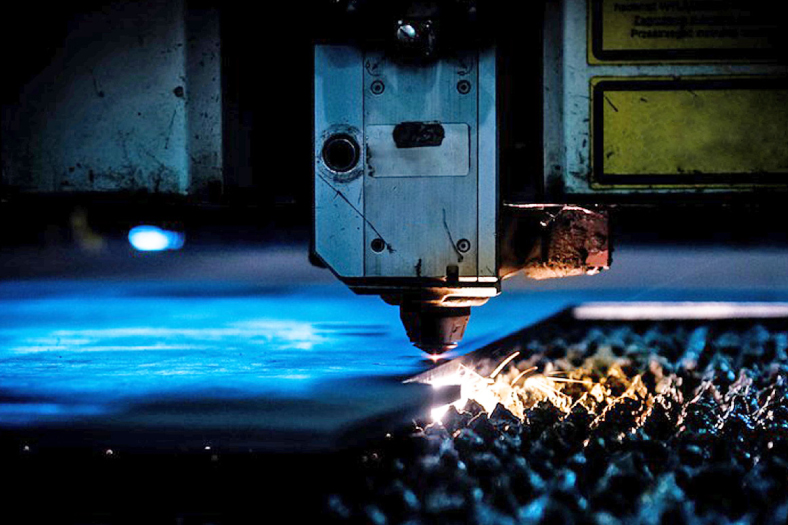
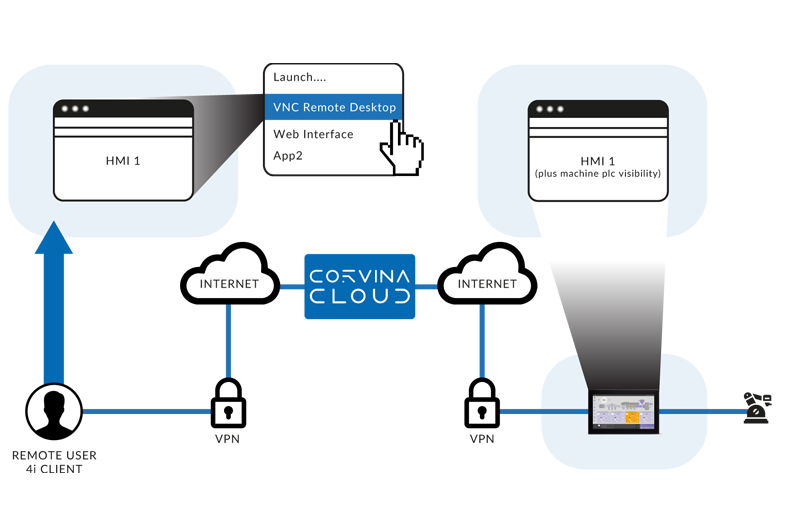




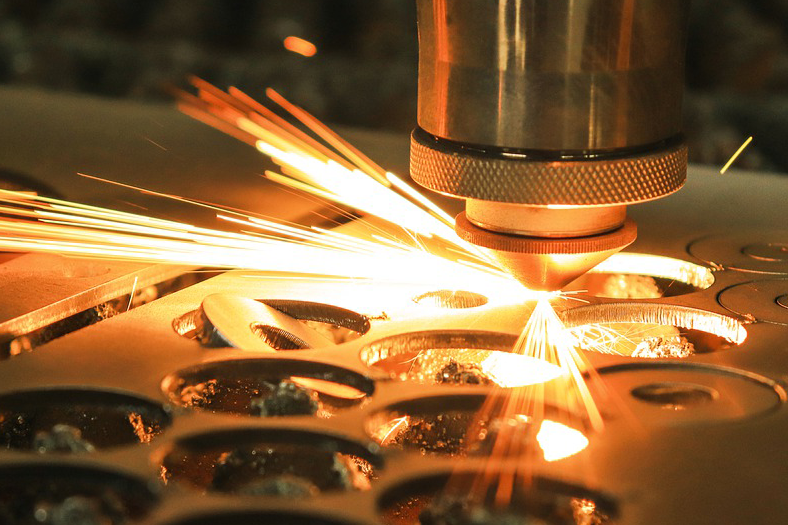
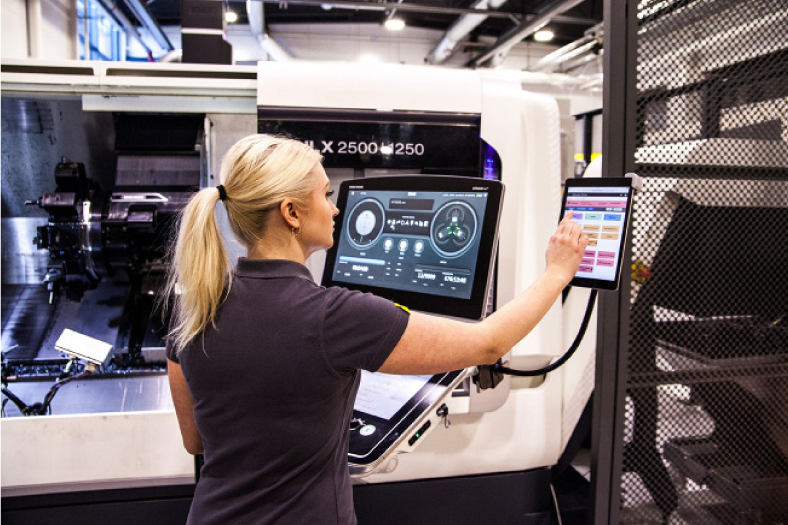
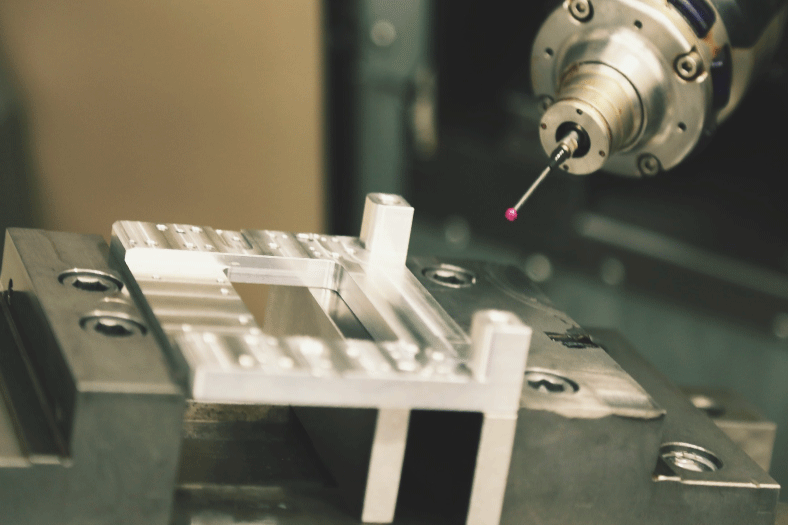
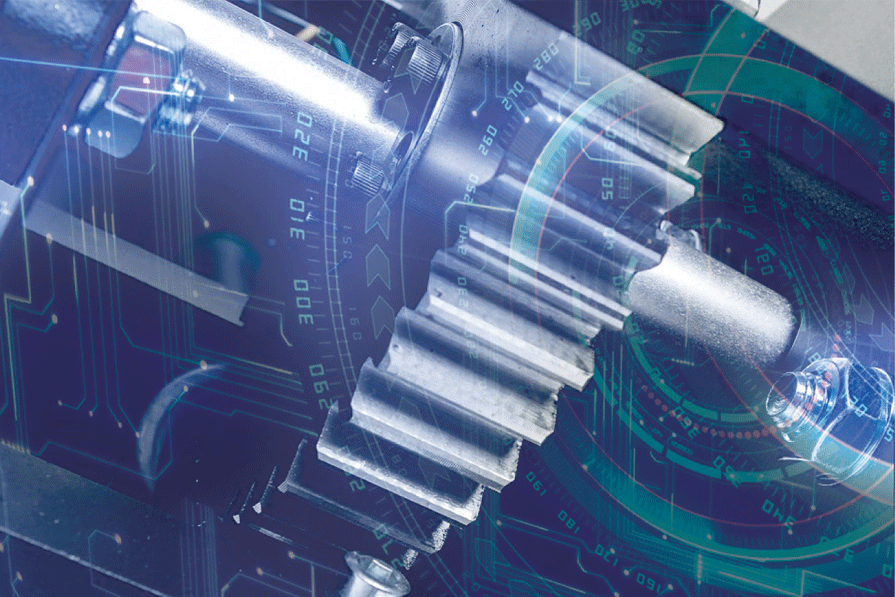





 English
English Hindi
Hindi